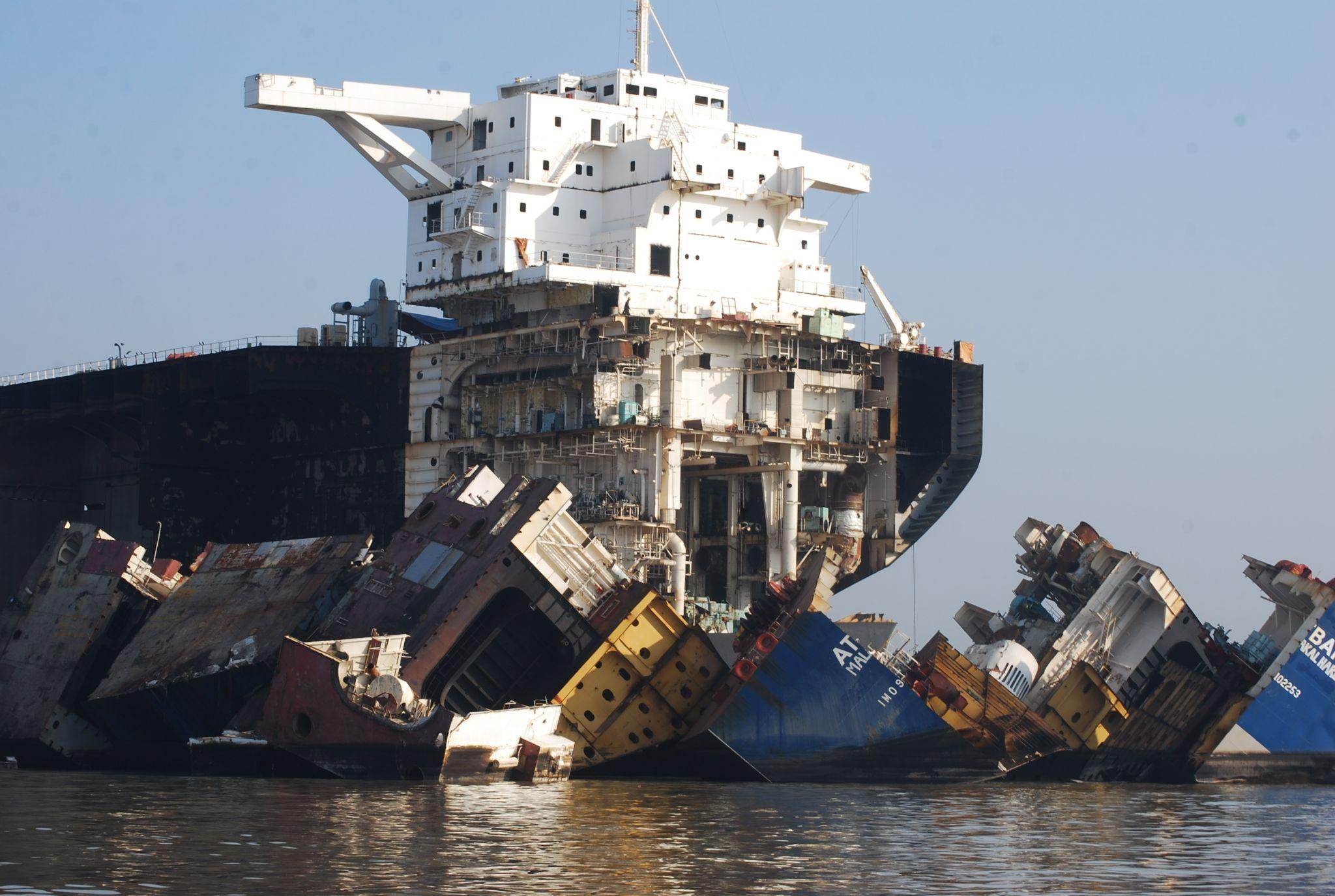
U.S. Ship-Breakers’ Guide to Workplace Injuries
Posted in Maritime InjuryShip-breaking is known as the most dangerous maritime job, and may even be the most dangerous job in the world. Ship-breakers are exposed to all manner of


Ship-breaking is known as the most dangerous maritime job, and may even be the most dangerous job in the world. Ship-breakers are exposed to all manner of
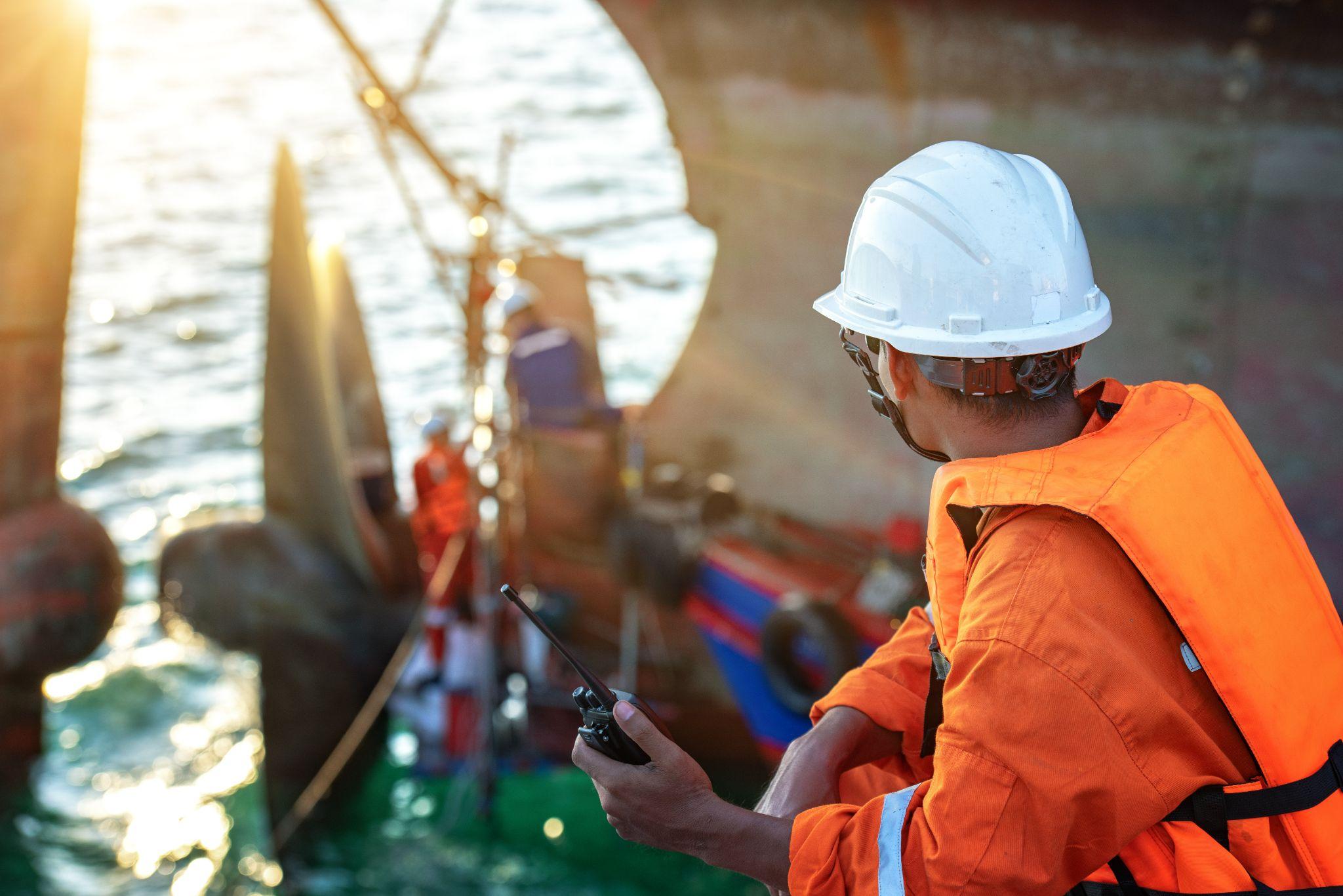
Asbestos exposure has long been a concern for workers in the maritime industry. Rather than an 8-hour workday, they’re in potentially contaminated environments 24 hours a day,
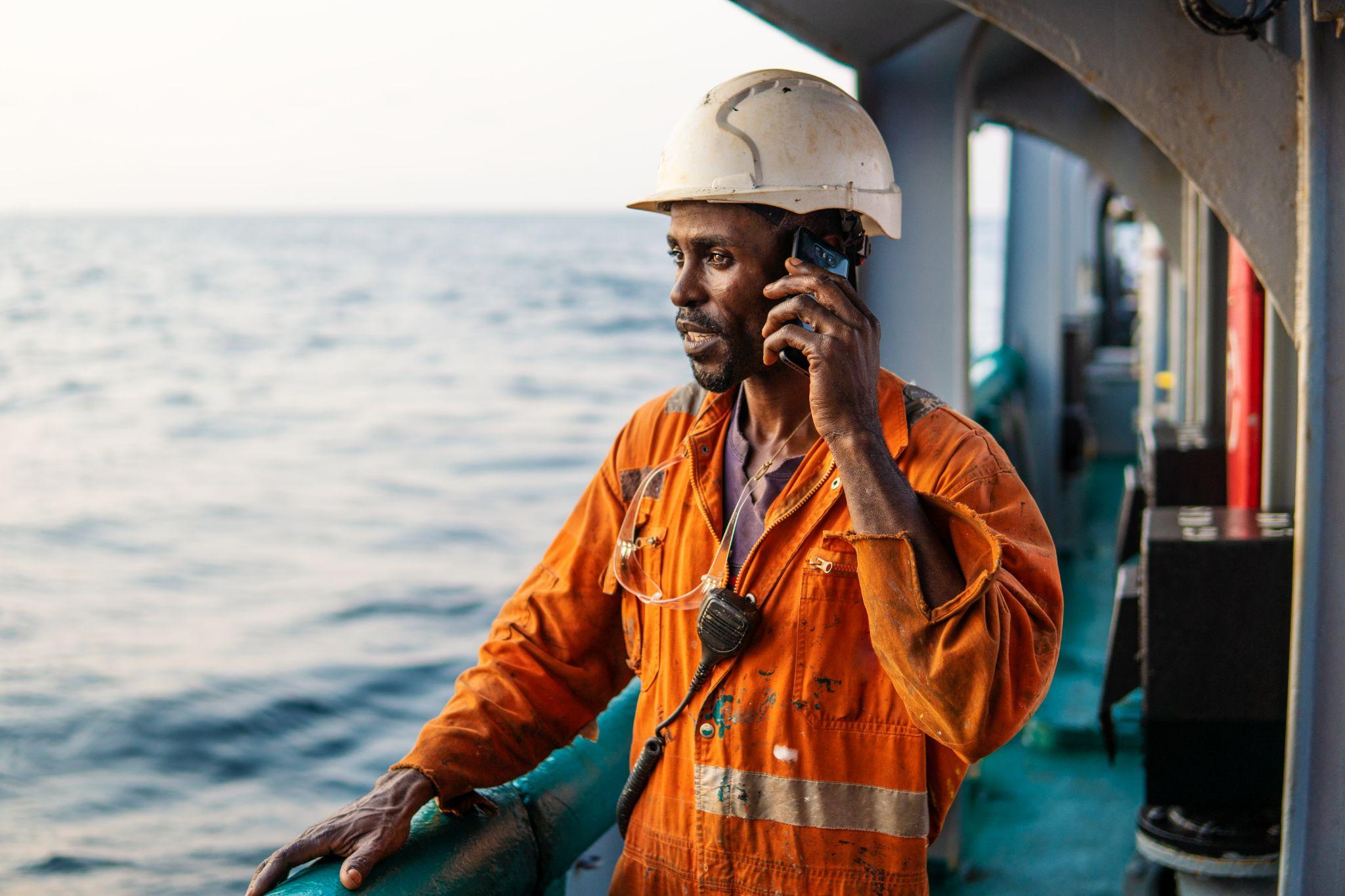
There were 87 fatal injuries and about 11,000 nonfatal occupational injuries involving maritime industry workers between 2011 and 2017, according to the U.S. Centers for Disease Control

Head injuries commonly occur in the maritime industry and can cause life-threatening and life-changing injuries. Accidental head trauma can lead to serious medical complications that can be
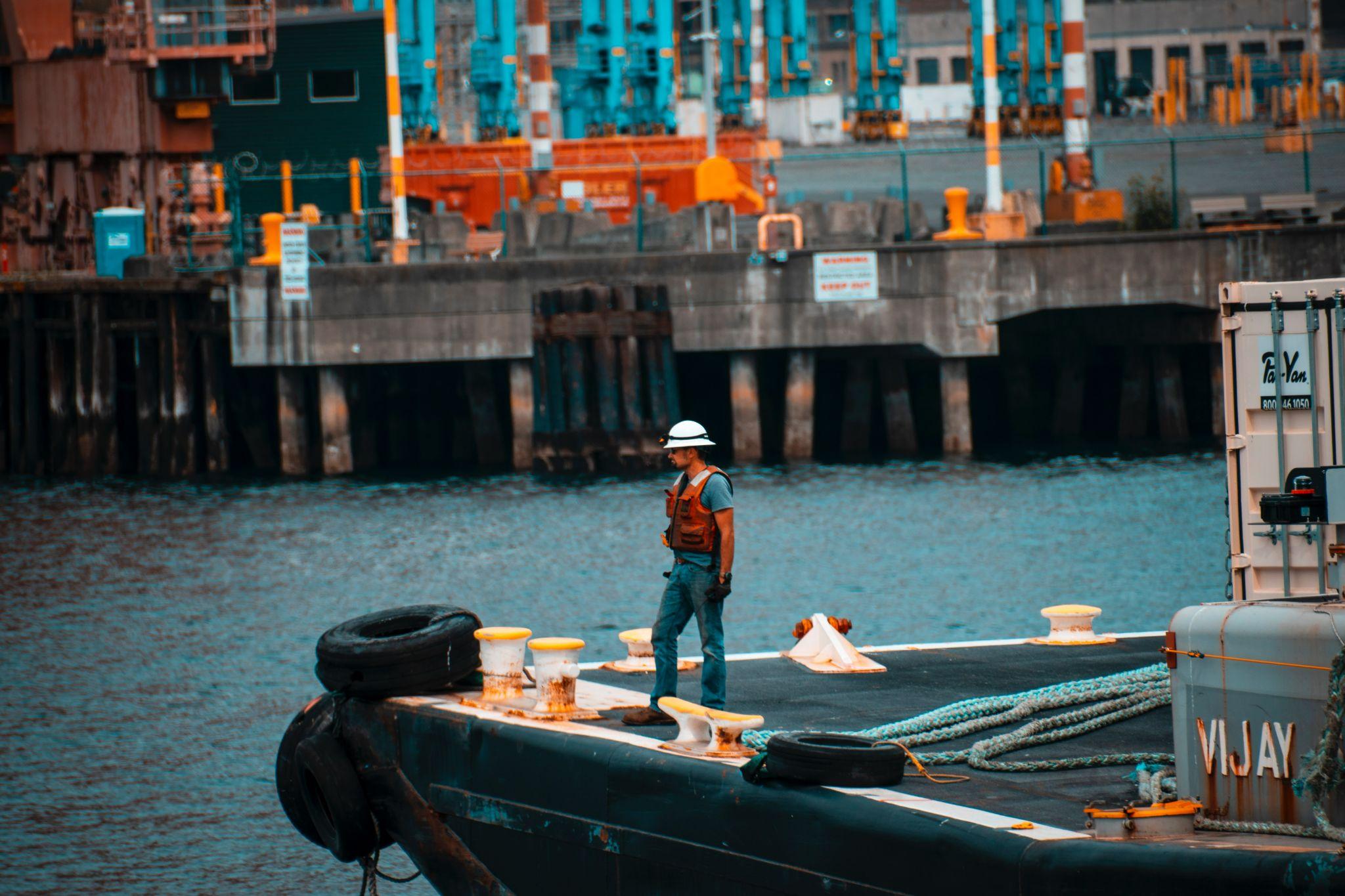
There are statutes of limitation for maritime claims, meaning there is a limited window of time during which you can file a claim if you are seriously
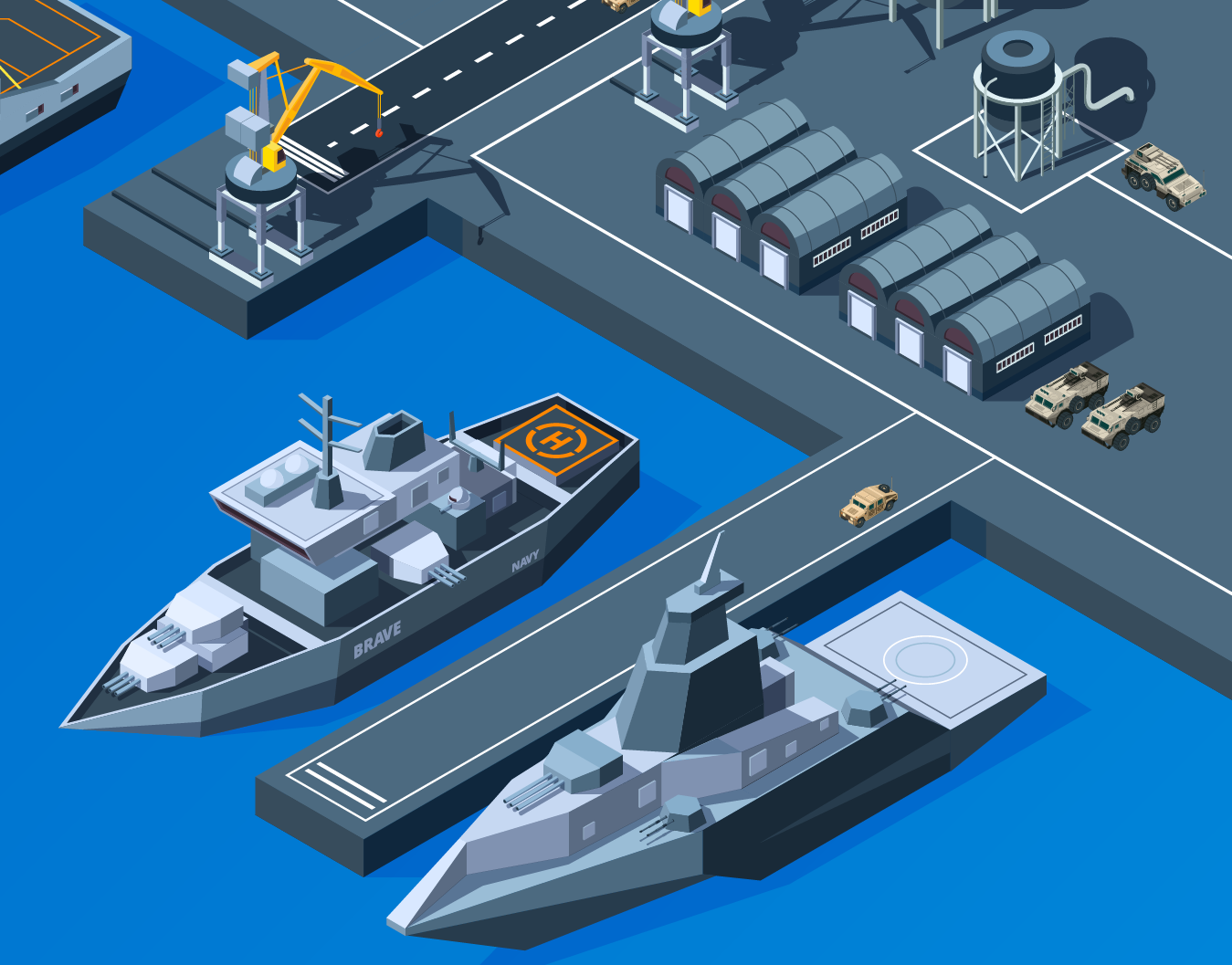
The Military Sealift Command is responsible for all Department of Defense (DOD) transport of ocean cargo. The fleet of Military Sealift Command (MSC) vessels are either owned
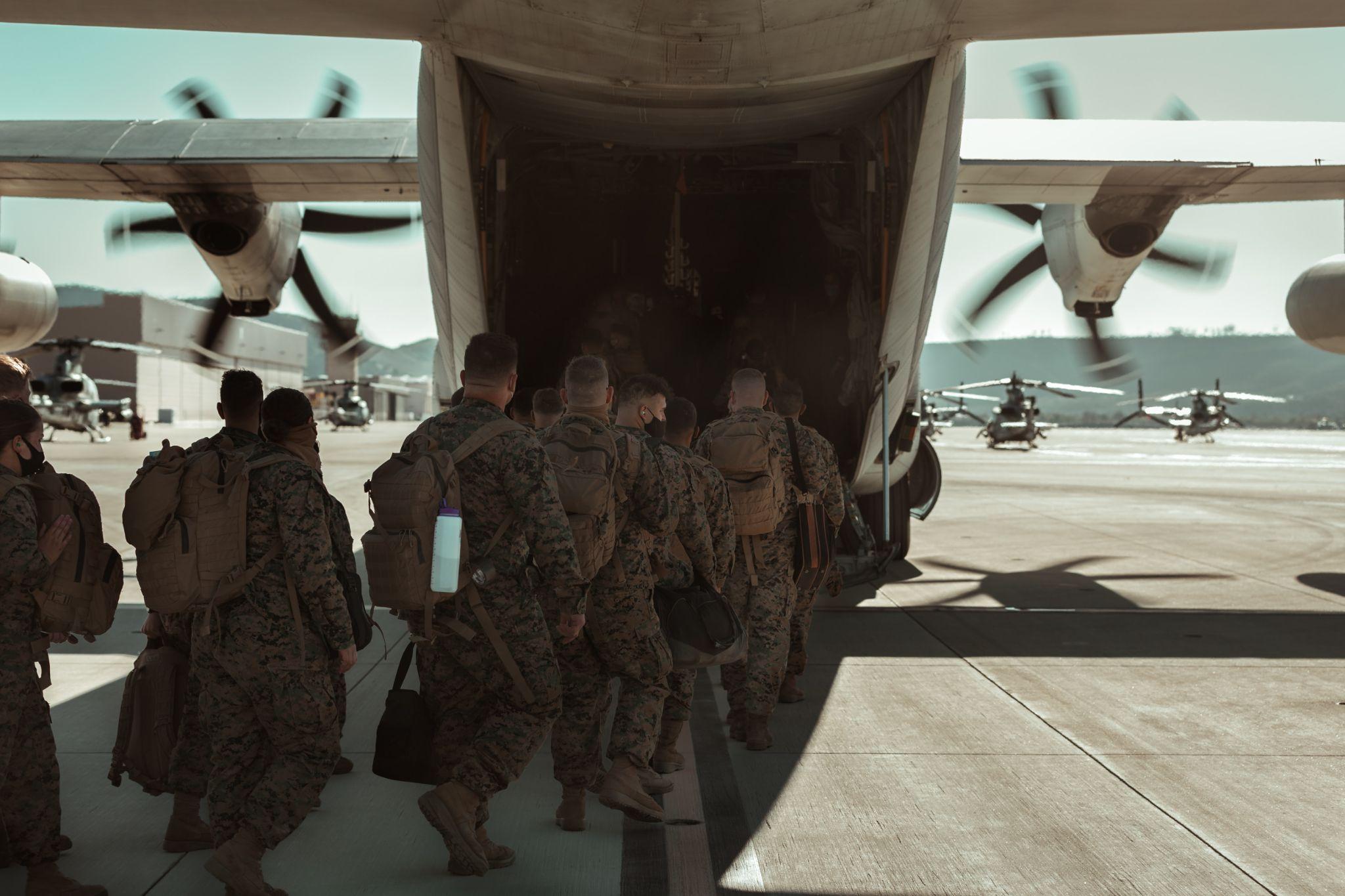
If you are a civilian working overseas for a military contractor or subcontractor, the Defense Base Act or DBA may provide protection for you and your family
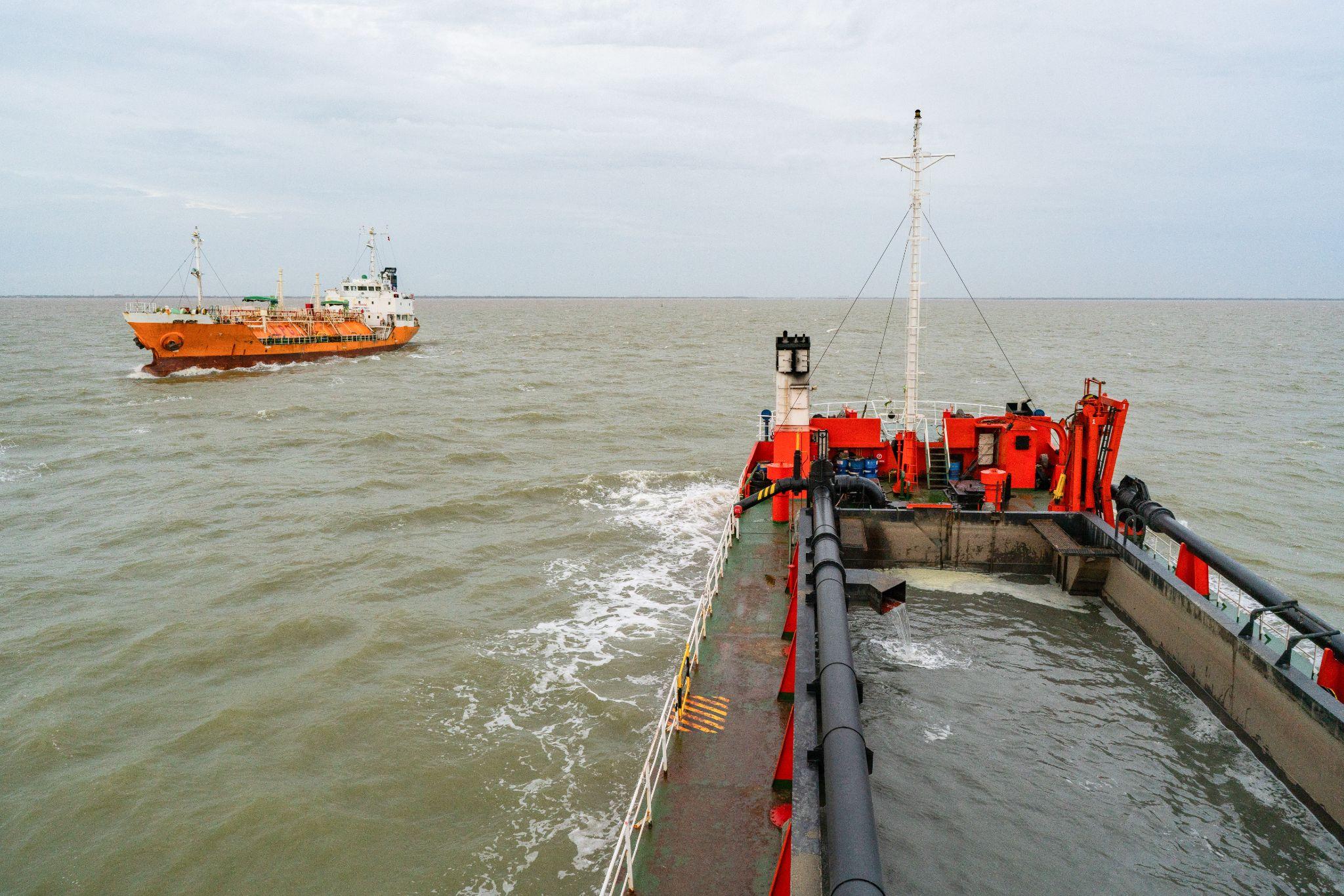
Dredge workers are essential to the maritime industry, keeping waterways navigable and shipping lanes open. Prior to 2005, it was unclear if maritime workers on dredging platforms